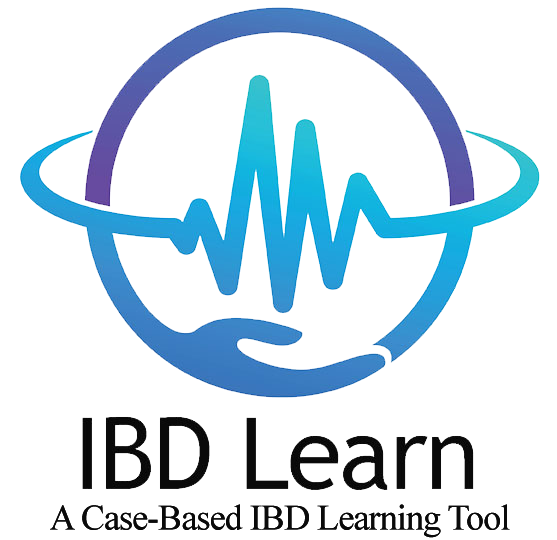Case 12.4
There is a long history, mostly from rheumatology, supporting the use of anti-TNF therapy in HIV positive individuals, though overall the data remains limited to case series (see discussion for citation). Reviews within IBD suggest fewer infections and complications with higher CD4 counts. A recent study has even suggested attenuated IBD activity in patients with HIV based on a smaller percentage requiring biologic therapy, though more study is needed in this area. When biologics are required, the most appropriate one for the IBD situation should be used.
Your patient reluctantly agrees to consider a surgical evaluation and start biologic therapy after receiving a second opinion. However, in the interim, he develops acute abdominal pain and presents to an outside facility where he is found to have a jejunal perforation with enterocolonic fistula. He is taken to the operating room where he undergoes 30cm of resection of his distal jejunum, as well as takedown of sigmoid enterocolonic fistula. Pathology confirmed a diagnosis of Crohn’s disease. His post-operative course was complicated by pelvic abscess requiring percutaneous drainage and a prolonged course of antibiotics. He now returns to your clinic for guidance on next steps.
Your patient is at high risk of recurrent disease given age of onset < 30 years, perforating/penetrating/fistulizing disease, long/multi-segment disease, and presence of proximal disease. Following AGA guidelines on post-operative management of Crohn’s disease, you recommend early start of anti-TNF over other agents within 8 weeks of surgery. You obtain a repeat CT scan to ensure the abscess is healed before initiating anti-TNF therapy.
